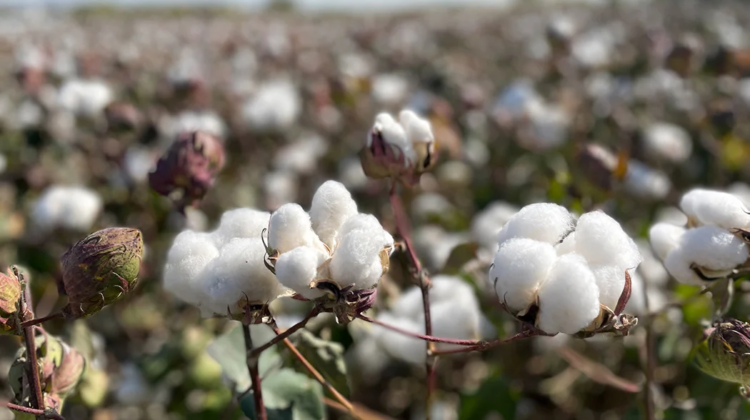 Reading Time: 2 minutes
Reading Time: 2 minutes
Cotton, a humble fiber, played a pivotal role in the development of capitalism. This versatile commodity shaped global trade, fueled industrialization, and transformed societies around the world. In his groundbreaking book Empire of Cotton,historian Sven Beckert explores the complex relationship between cotton and the rise of capitalism.
The Global Reach of Cotton
Cotton’s significance as a global commodity can be traced back centuries. From ancient civilizations in India and China to the textile mills of Europe and America, cotton has been a driving force in economic development. The cultivation,production, and trade of cotton have connected diverse regions and cultures, shaping the course of history.
The Industrial Revolution and Cotton
The Industrial Revolution, marked by technological advancements and increased production efficiency, was significantly fueled by the cotton industry. Cotton’s versatility and demand as a textile material spurred innovation in spinning,weaving, and manufacturing. The cotton gin, invented by Eli Whitney in 1793, revolutionized cotton production in the United States, leading to a surge in cotton exports and fueling the growth of the Southern economy.
The Role of Slavery
The history of cotton production is inextricably linked to the institution of slavery. In the American South, enslaved Africans were forced to labor on cotton plantations, providing the raw material that fueled the textile industry. Slavery played a crucial role in the economic development of the United States, but it also perpetuated systemic racism and inequality.
The Global Cotton Trade
The cotton trade extended far beyond the boundaries of the United States. Cotton was cultivated and traded in various regions, including India, Egypt, and Brazil. The global cotton market interconnected different societies and economies,shaping international relations and power dynamics.
The Impact of Capitalism on Cotton Production
Capitalism, characterized by private ownership of resources, profit maximization, and market competition, had a profound impact on cotton production. The pursuit of profit led to technological advancements, increased efficiency, and the exploitation of labor. However, the capitalist system also created opportunities for economic growth and social mobility.
The history of cotton provides a rich and complex lens through which to understand the development of capitalism. From its origins in ancient civilizations to its role in the Industrial Revolution, cotton has shaped economies, societies, and the course of history. By examining the global cotton trade and its impact on different regions, we can gain valuable insights into the interconnectedness of economic systems and the complex interplay of social, political, and economic factors.

Leave a Reply